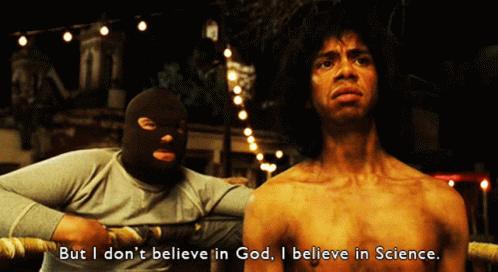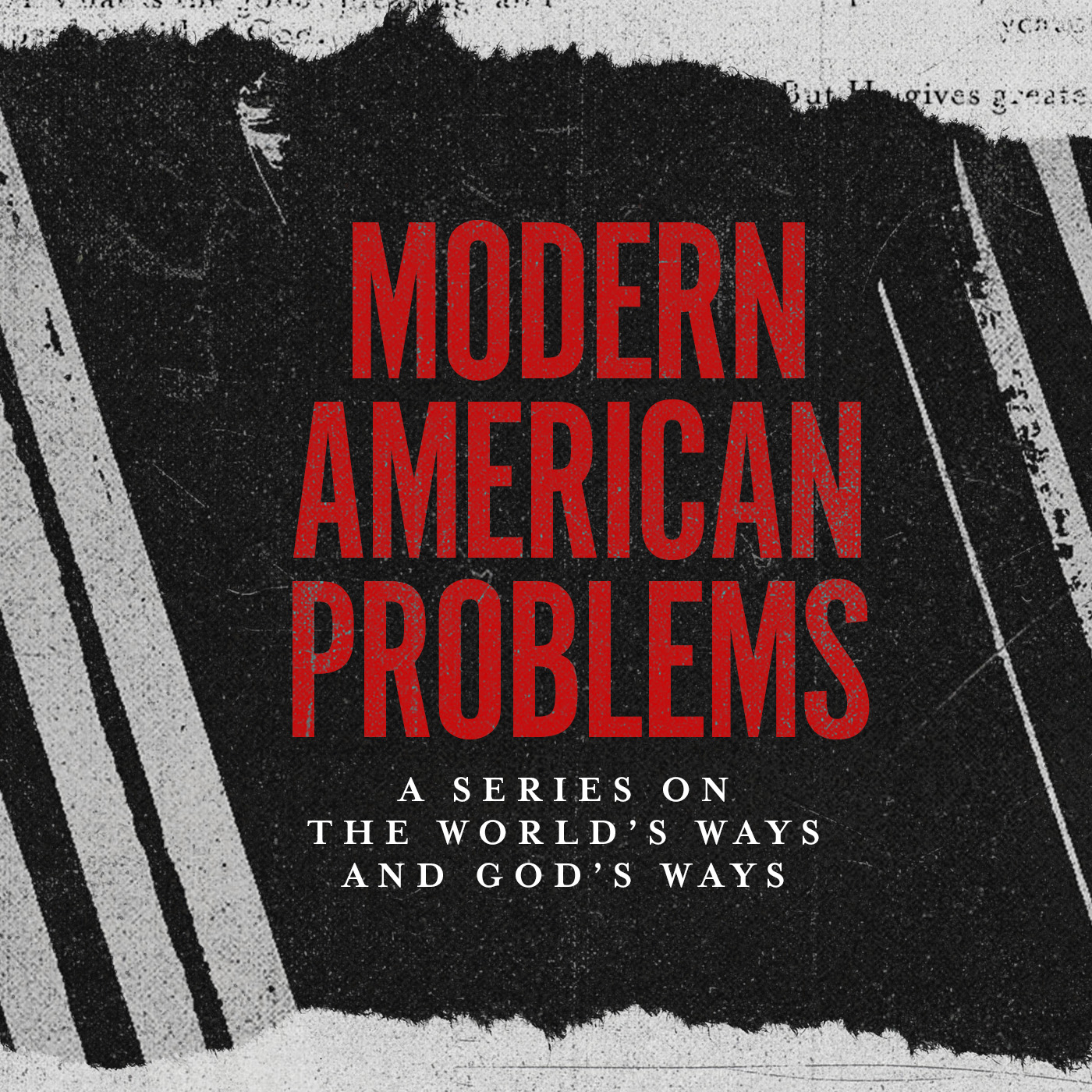NACHO: Pray to the Lord for strength.
STEVEN: I don't believe in God; I believe in science.

One common objection to Christian belief is the idea that “science has disproved Christianity.” In fact, that phrase is the name of chapter six of Tim Keller’s best-selling book, The Reason for God, where it is found in a list of the seven most common objections Keller heard when he was a pastor in Manhattan.
And while there could be several reasons why people believe that science somehow contradicts Christianity, it seems to me that it mostly boils down to two things: The existence (or non-existence) of miracles, and the account of creation from Genesis.
In this first installment (of three), we will talk about the issue of Christianity and miracles, and we will leave the creation account in Genesis for parts two and three.
Now, if one believes God changed Jesus’ dead body into an alive body, it shouldn’t be too hard to believe that (as one friend of mine put it) He turned one liquid into a slightly different kind of liquid. And if God brought Jesus alive out of a tomb after three days, it might be easier to believe that God could bring Jonah alive out of sea creature for a similar length of time.
However, if Jesus did not rise again then, not only would the Jonah story be harder to believe, it wouldn’t even matter! Even if it were true, who cares? Who cares if a man was swallowed by some large animal and survived? Crazy things happen. I mean, in 1972, Vesna Vulovic fell 33,000 feet out of an airplane and survived! That’s amazing. But it doesn’t mean anyone has to change their whole worldview.
Christianity, in its own founding documents (see 1 Corinthians 15:1-4 & 16-19) claims that the Christian faith hinges on whether the resurrection of Jesus Christ happened or not. That is the main miracle that must be dealt with.
However, I suppose there is one other miracle (in addition to the resurrection of Jesus) that must be dealt with – and that is the miracle of creation. In other words, we also must grapple with the question: “why is there something rather than nothing?” In many ways, the Jonah story and the water-to-wine story also depend upon that miracle.
When I preached on Jesus turning water into wine back in 2015, I addressed the possibility of miracles, and there is audio available of that sermon on our website.
Listen to Places Jesus Went - Part 3: Wedding At Cana
I won’t resay everything I said back then, but if I remember correctly, my argument for miracles at that time included pointing out that we all actually already believe the impossible/unexplainable has happened – namely, that a universe came into existence.
We know it came into existence, because it’s here. We are in it. However, what is the explanation for how it got here? As best as I can tell, there have only ever been three possibilities put forth:
- There was a time when there was nothing. And then, the universe sprang into existence, without a cause (of course there could not have been a cause, because prior to that moment there was nothing in existence that could have caused it.) So, nothing caused everything. If this is true, it is also unexplainable and miraculous.
Note: I’m using the word “miraculous” here to mean “incredible and ordinarily impossible.”
- The second option is the belief that the universe itself is eternal. That is, all the matter that currently exists has always existed, in some form, without a cause (of course there could not have been a cause because there was never a moment before there was an eternal universe.) Again, if this is true, it’s unexplainable and miraculous.
- The third option is the belief that God is eternal (having always existed without a cause, like the supposed universe of option #2) and that He brought the universe into existence at some point. In this option, the universe would have a beginning and a cause, however the Cause that brought the universe into existence (God) would be the only uncaused Cause. If this is true, it’s unexplainable and miraculous.
And so that was my point back then; everyone already believes in the unexplainable/miraculous. Something that we would categorize as “impossible” must have happened at some point for us to even be here now. As uncomfortable as some of us are with the idea of miracles, we all basically have to admit that they happen. At least one time, a miracle happened - because we are here.
In parts two and three, we’ll cover creation, not just in a general sense as we did above, but specifically what to do with the account of creation found in Genesis chapter one.

